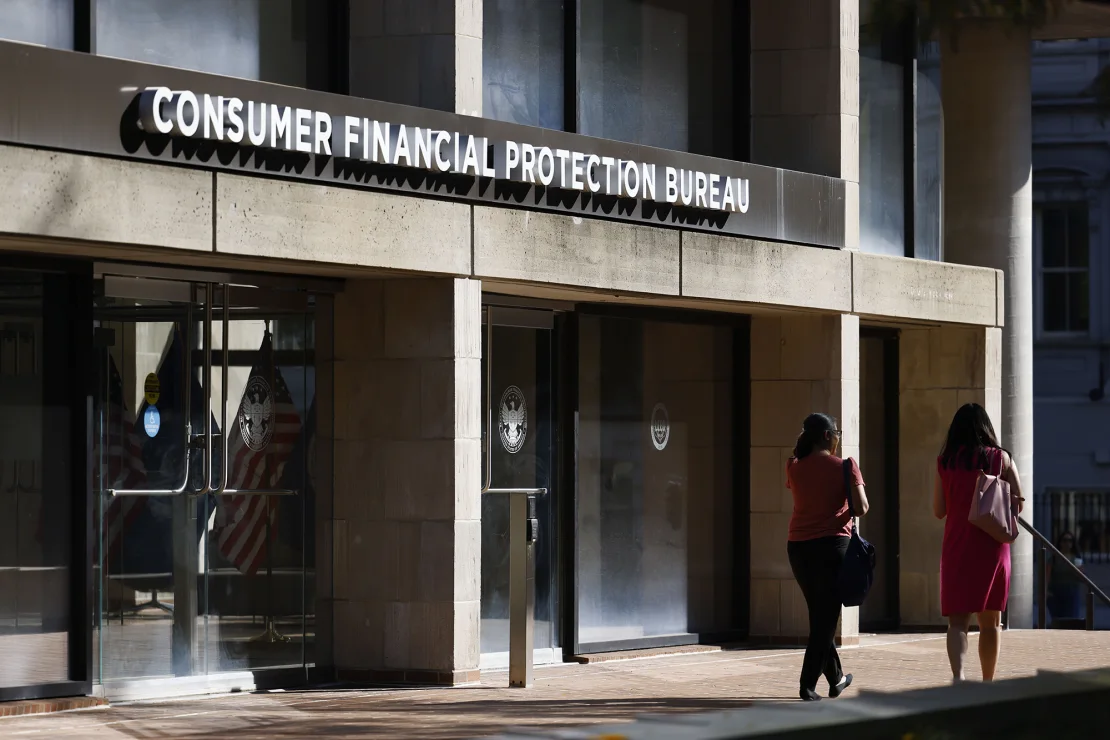A newly released report from the US Trade Representative (USTR) has exposed a widespread crisis of counterfeit and pirated goods, particularly highlighting the alarming prevalence of illegal online pharmacies that put consumers at risk of purchasing ineffective or dangerous medications, The Associated Press reports.
The report, which identifies “notorious markets” worldwide, also names 19 countries and numerous online retailers allegedly involved in the sale of counterfeit products.
The USTR report reveals that an astonishing 96% of the world’s about 35,000 online pharmacies are operating illegally. These platforms, many of which are unlicensed, often sell prescription drugs without requiring prescriptions or providing safety warnings, presenting a severe threat to public health. The websites of these illicit pharmacies frequently mimic legitimate e-commerce sites, falsely claiming FDA approval. Both the FDA and the US Drug Enforcement Administration (DEA) have issued repeated warnings about the dangers of purchasing medications from unverified online sources.
A survey by the Alliance for Safe Online Pharmacies’ Global Foundation found that nearly one in four Americans who have used online pharmacies reported encountering substandard, fake, or harmful drugs. These drugs may contain inert ingredients or substances that could cause allergic reactions, and are often manufactured in unsanitary conditions. The report also highlighted the tragic consequences of this trade, citing instances where counterfeit pills disguised as prescription drugs, but containing deadly synthetic opioids, resulted in at least nine deaths in the US between August 2023 and June 2024. Many of the ingredients, including fentanyl, are reportedly sourced from countries like China.
Beyond the dangers of counterfeit medications, the report also shed light on the pervasive problem of counterfeit goods sold on various online platforms. The report specifically named several online retailers, including:
- Avito (Russia): An ad platform accused of allowing the sale of counterfeit products.
- Baidu Wangpan (China): A cloud storage service criticized for failing to adequately enforce copyright protection.
- Pinduoduo (China) and Douyin Mall (China): Social commerce and online platforms acknowledged for their efforts to enhance protections, but still hosting significant amounts of counterfeit goods.
- Shopee (Singapore): An e-commerce site with varying success in combating piracy across different country-specific platforms.
- IndiaMART (India): A business-to-business marketplace where counterfeit products are reportedly readily available.
The report also identified specific real-world locations as notorious hubs for the sale of counterfeit products, including markets in Turkey, bazaars in the United Arab Emirates, and Saigon Square Shopping Mall in Vietnam’s Ho Chi Minh City. However, the report also noted that Bangkok’s MBK Center, while still facing issues, has made notable efforts to crack down on counterfeiting.
Despite the daunting challenges, the report noted some progress in combating intellectual property theft. A collaboration between U.S. authorities, industry groups, and police resulted in the takedown of a major Hanoi-based piracy ring responsible for Fmovies, the world’s then-largest pirated movie site, which amassed over 6.7 billion visits between January 2023 and June 2024. Additionally, in a separate case, two individuals operating the pirate television platform BestBuyIPTV were convicted in Vietnam. The report also recognized successful crackdowns in Brazil, the UK, and Kuwait.
However, the USTR report emphasized that obstacles remain. Cyberlockers, which facilitate the piracy of movies and other content, and so-called “bulletproof” internet service providers (ISPs), which a llow users to circumvent piracy restrictions, continue to hinder enforcement efforts.








